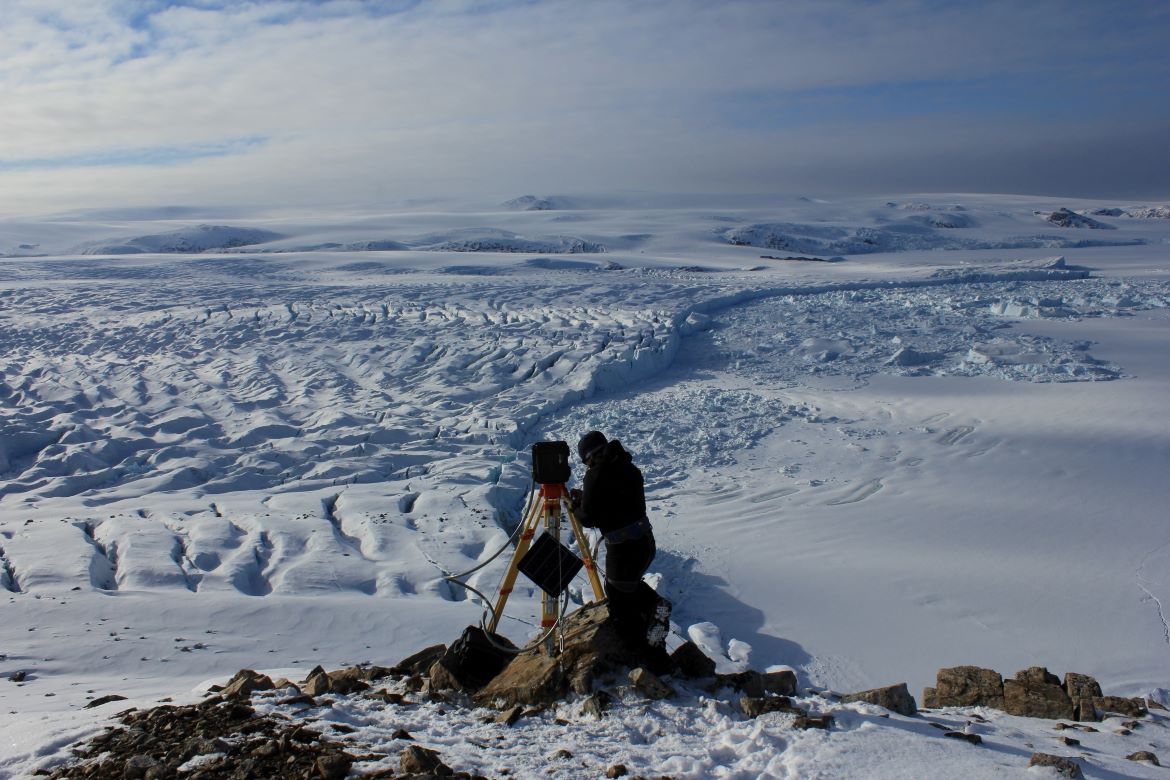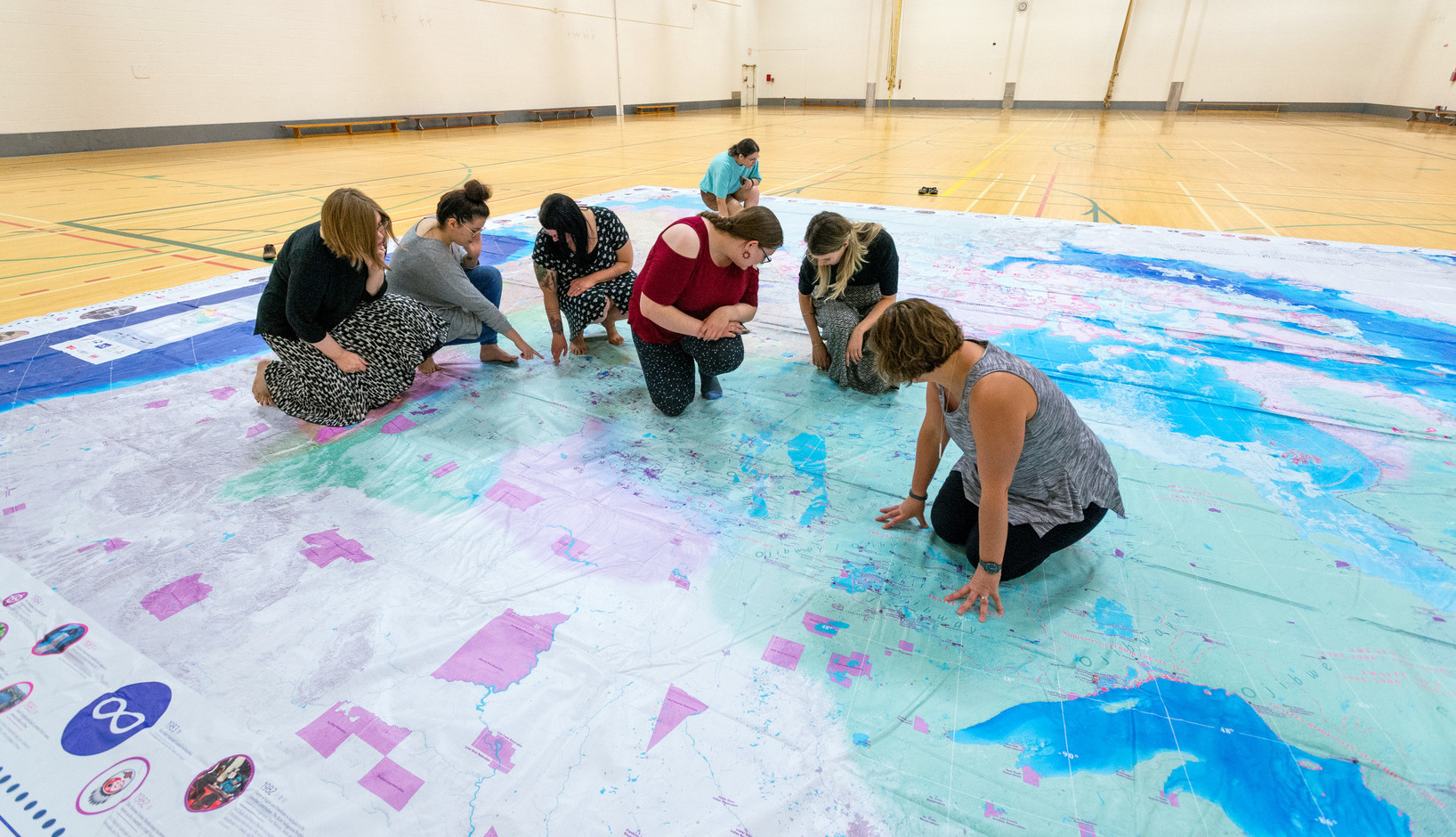
Promoting Research in the North
UAlberta North promotes and supports northern and circumpolar research and education across all faculties at the University of Alberta. This is done in a number of ways, for example by:
- offering support in engaging with Northern Indigenous Communities;
- offer the Community Reporting Award to students so they can return to the Northern community to report their research findings;
- facilitating student and faculty exchanges;
- enhancing the benefits of research to northern communities through community capacity-building and expanded opportunities for dissemination of community knowledge and experience;
- fostering discovery-based learning environment through cross-faculty co-operation, building international research connections, and hosting visiting researchers and scholars.
What is Indigenous Research?
According to SSHRC, rresearch in any field or discipline that is conducted by, grounded in or engaged with First Nations, Inuit, Métis or other Indigenous nations, communities, societies or individuals, and their wisdom, cultures, experiences or knowledge systems, as expressed in their dynamic forms, past and present. Indigenous research can embrace the intellectual, physical, emotional and/or spiritual dimensions of knowledge in creative and interconnected relationships with people, places and the natural environment.

First Nations Principles of OCAP
The First Nations principles of ownership, control, access, and possession-more commonly known as OCAP-assert that First Nations have control over data collection processes, and that they own and control how this information can be used.

Indigenous Research Guide
The purpose of this guide is to provide researchers both Indigenous and non-Indigenous with the tools, information, and support that they need to conduct ethical, and reciprocal research with Indigenous communities.

National Inuit Strategy on Research
Developed by Inuit Tapiriit Kanatasmi, the NISR promotes a shared understanding of Inuit Nunangat research and connects this legacy to current research practices.
Not sure of who's land you are researching on?Consult Native Land Digital's interactive map |
 |